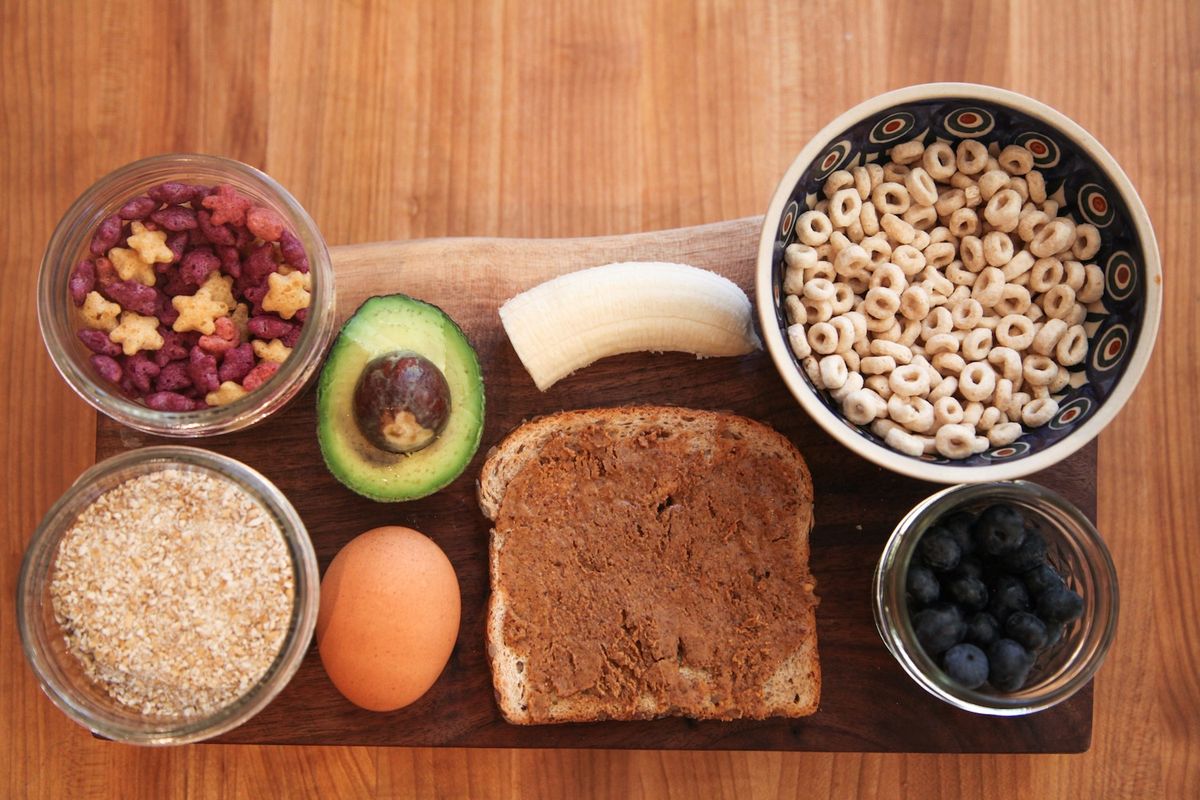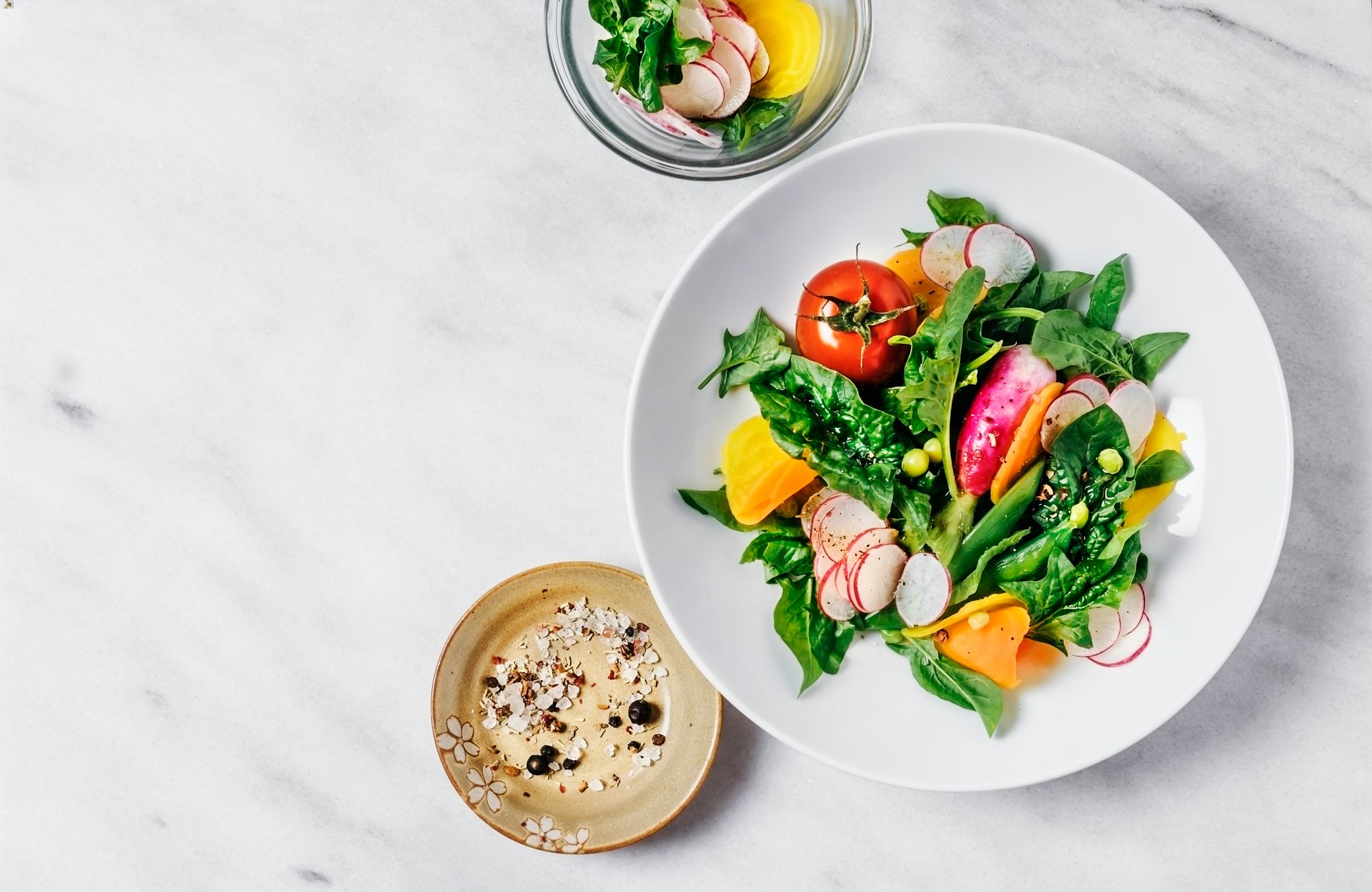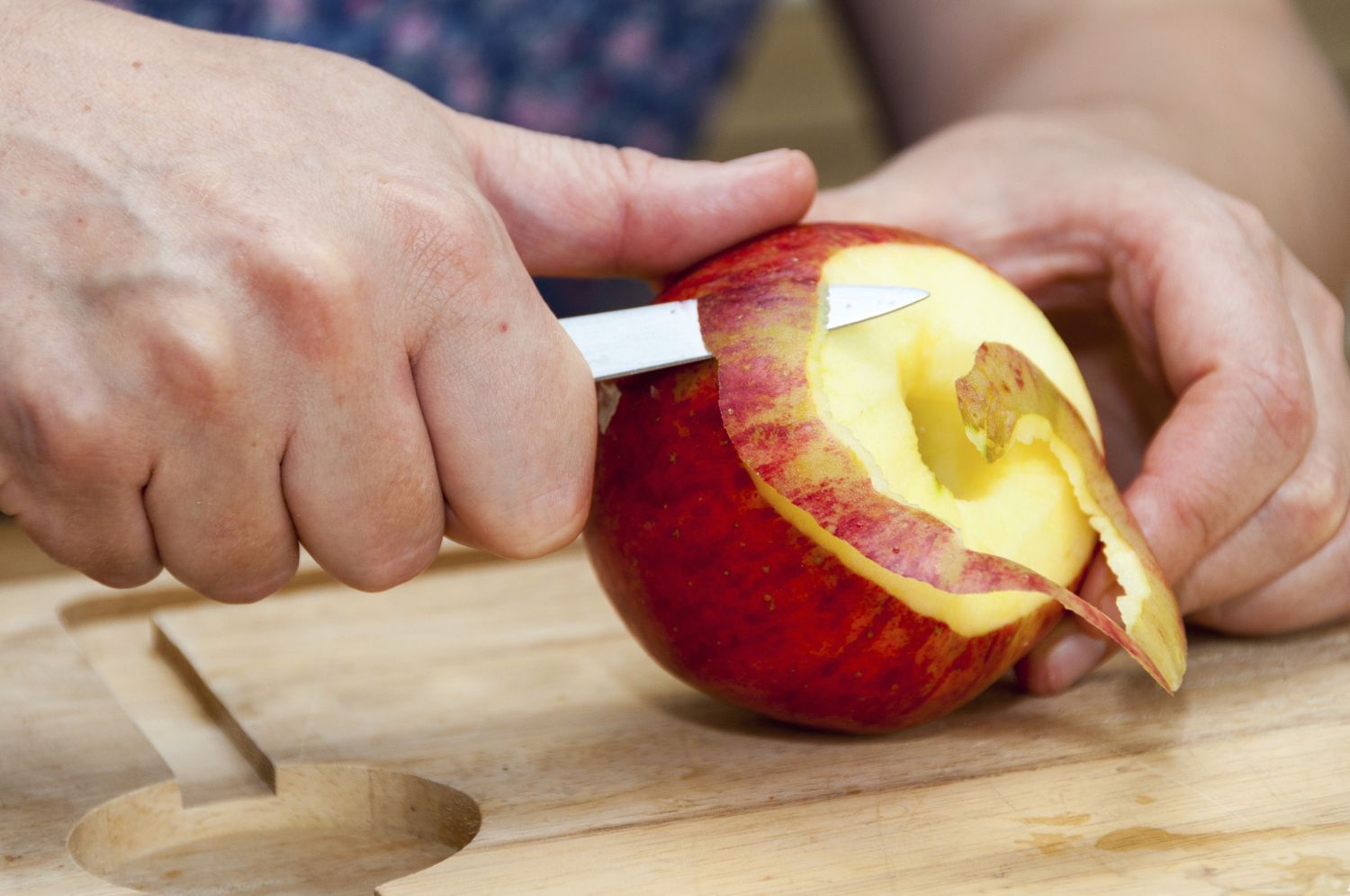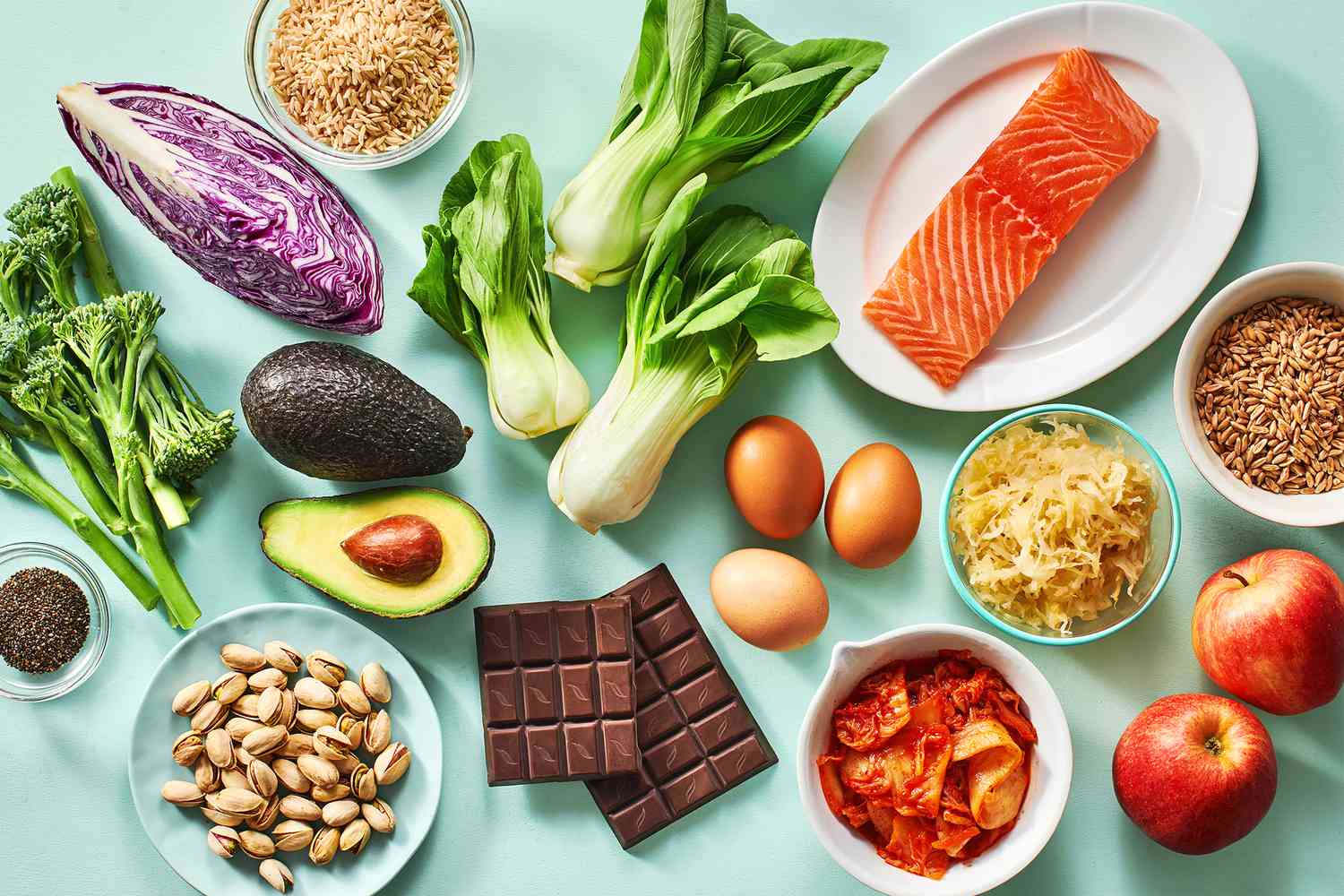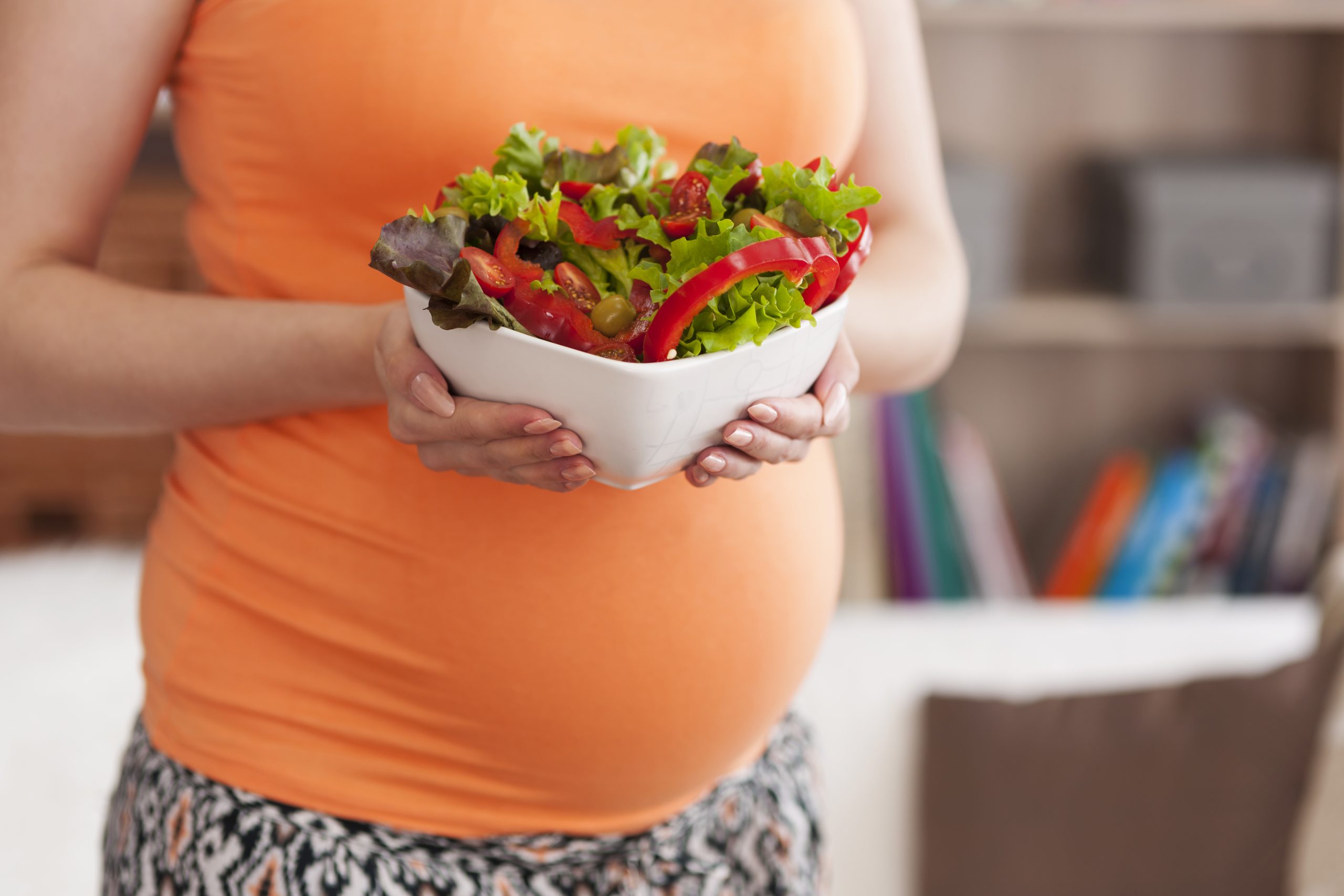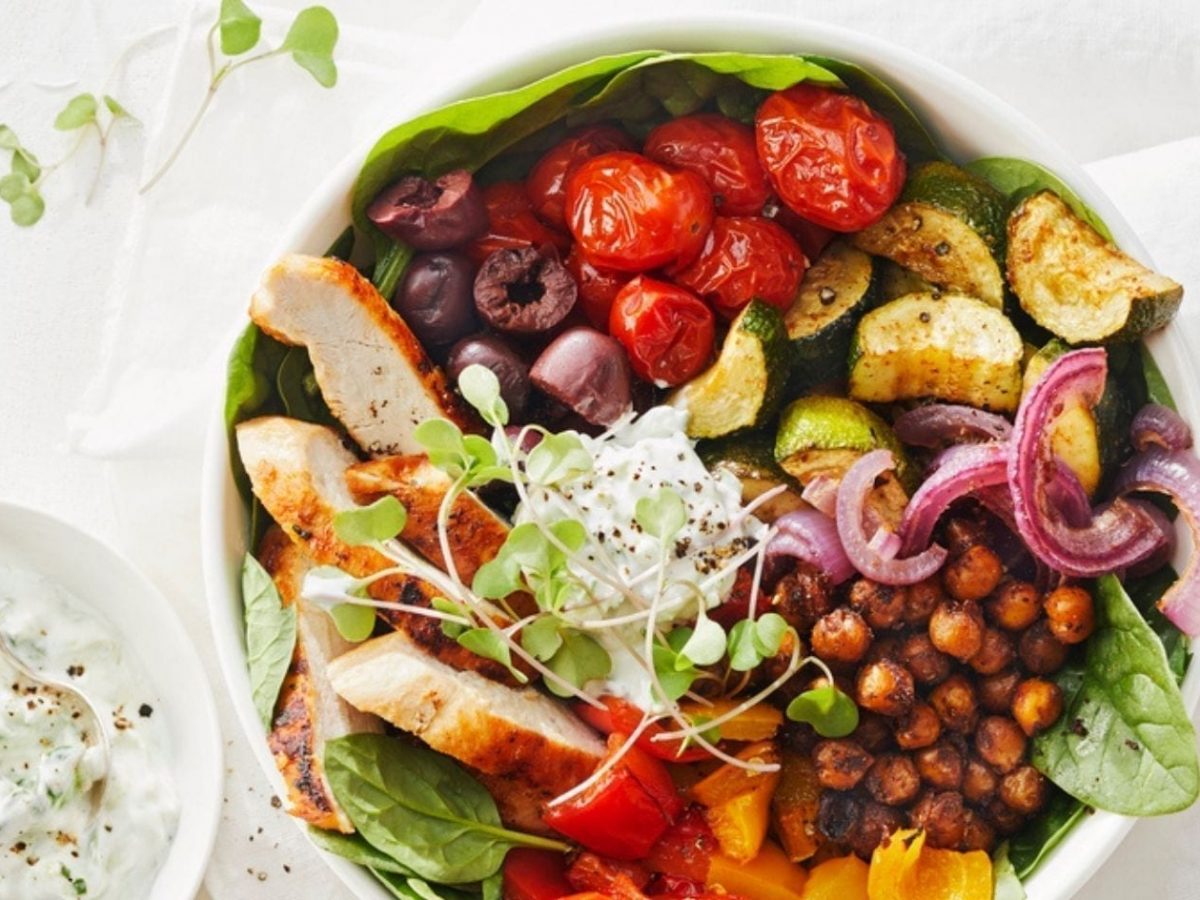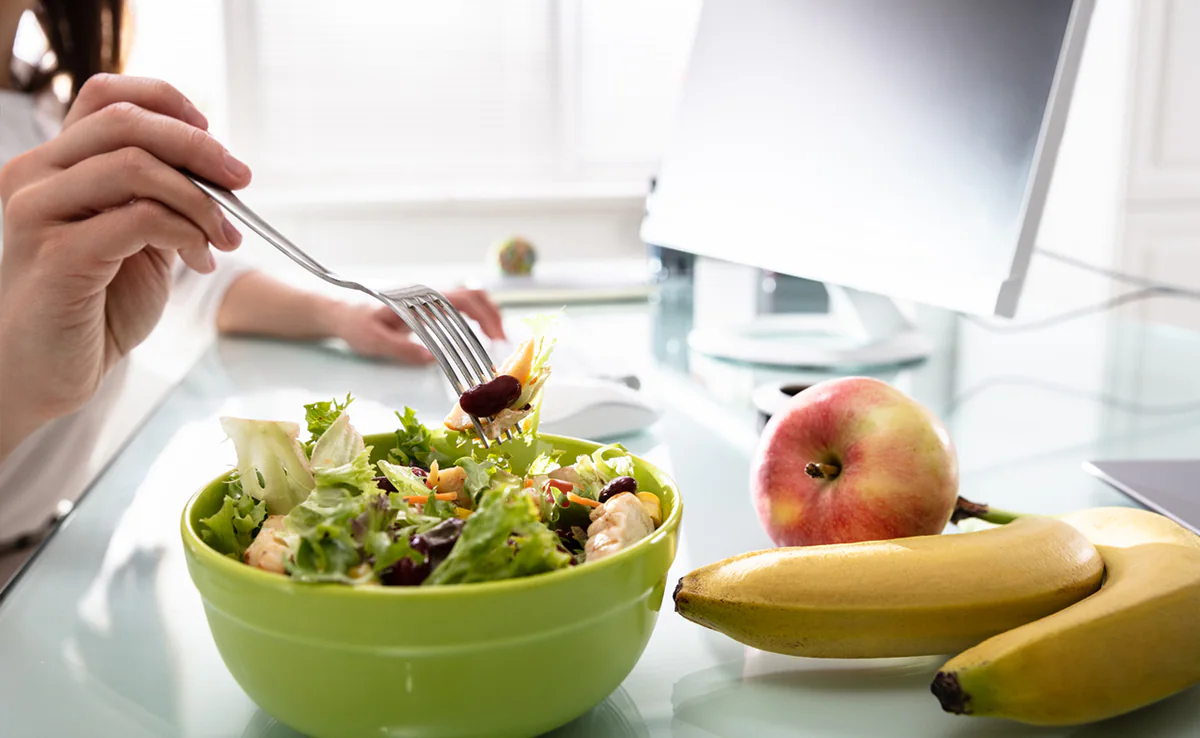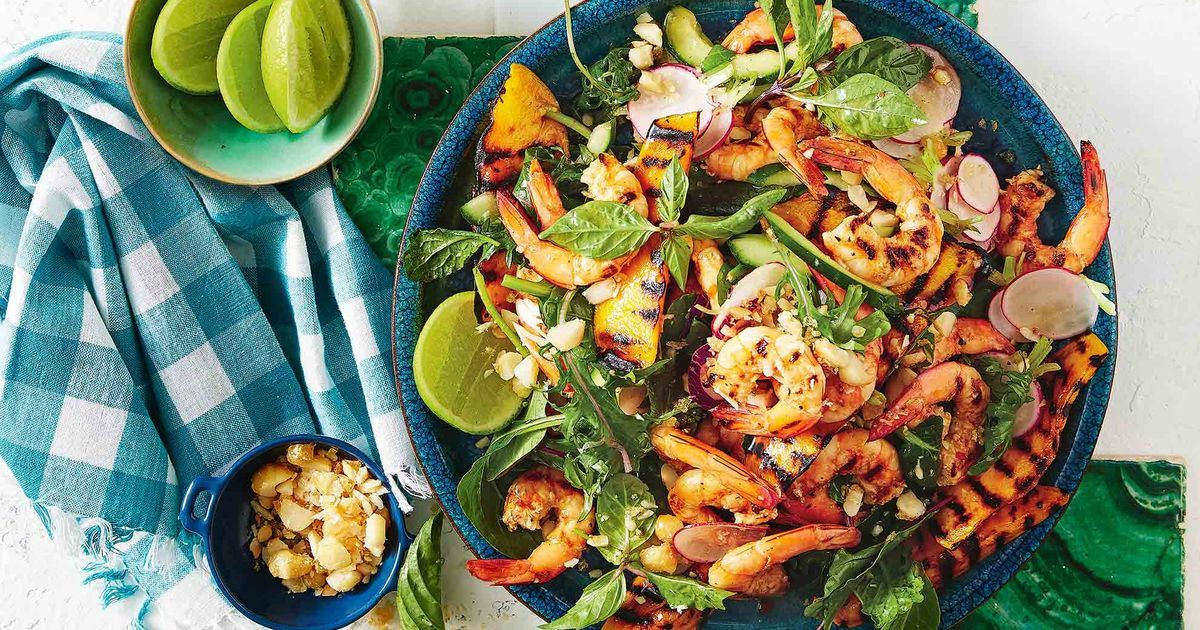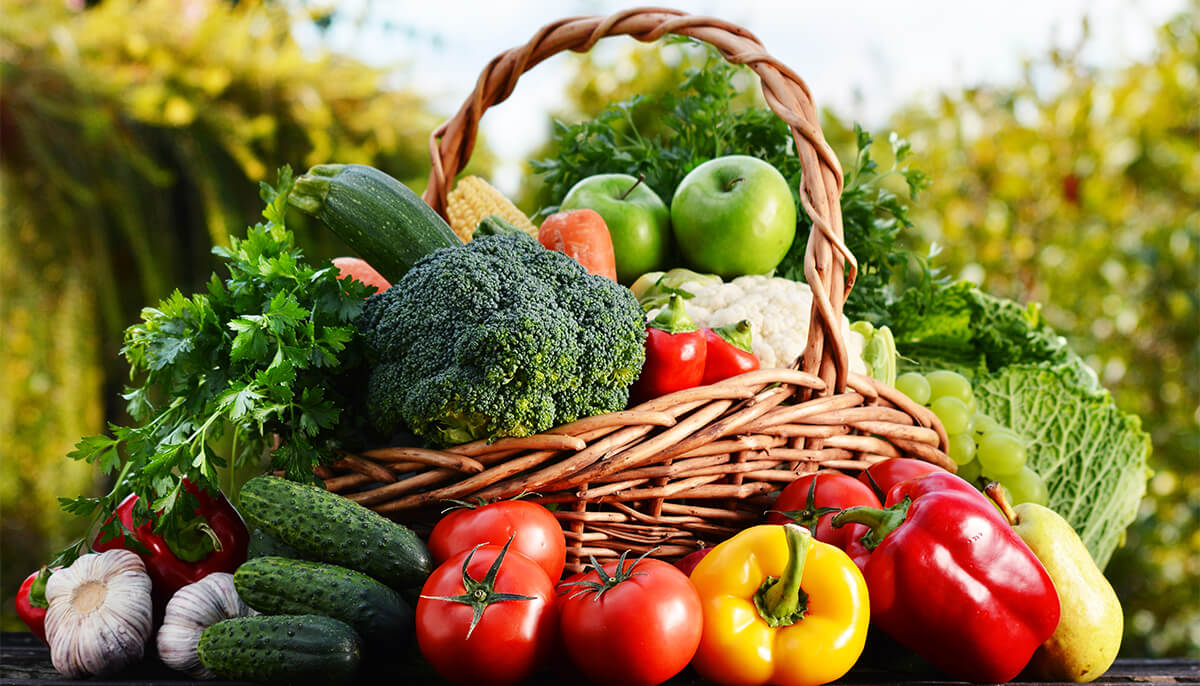Boost Your Health with a Variety of Minerals and Vitamins
Ensuring that you consume a wide range of minerals and vitamins is essential for maintaining good health. These nutrients play a crucial role in supporting various bodily functions, from strengthening the immune system to promoting healthy skin and hair. Here are some simple and effective ways to incorporate a variety of minerals and vitamins into your diet:
1. Eat a Rainbow of Fruits and Vegetables
Fruits and vegetables come in a vibrant array of colors, each representing a unique set of vitamins and minerals. Make it a point to include a variety of colorful produce in your meals to ensure that you are getting a wide range of nutrients. For example, carrots are rich in vitamin A, while spinach is packed with iron and blueberries are loaded with antioxidants.
2. Choose Whole Grains
When it comes to carbohydrates, opt for whole grains such as quinoa, brown rice, and whole wheat bread. These grains are not only rich in fiber but also contain essential minerals such as magnesium, selenium, and manganese, which are vital for overall health.
3. Include Lean Protein Sources
Protein is not only important for muscle growth and repair but also for providing essential vitamins and minerals. Incorporate lean sources of protein such as chicken breast, fish, and legumes into your diet to ensure that you are getting adequate amounts of B vitamins, iron, and zinc.
4. Don’t Forget Dairy or Dairy Alternatives
Dairy products like milk, yogurt, and cheese are excellent sources of calcium, which is essential for maintaining strong bones and teeth. If you are lactose intolerant or prefer non-dairy options, consider fortified alternatives like soy milk or almond milk to ensure that you are still getting your daily dose of calcium and vitamin D.
5. Incorporate Healthy Fats
Include sources of healthy fats such as avocado, olive oil, and nuts in your diet. These foods are rich in vitamins E and K, as well as essential minerals like potassium and magnesium. Additionally, they help your body absorb fat-soluble vitamins like A, D, and E.
6. Consider Supplements
While it’s best to obtain nutrients from whole foods, sometimes it can be challenging to meet all your nutritional needs through diet alone. In such cases, consider taking a high-quality multivitamin to fill in any gaps and ensure that you are getting an adequate supply of essential vitamins and minerals.
By incorporating a diverse range of nutrient-rich foods into your diet, you can ensure that you are getting a wide variety of minerals and vitamins to support your overall health and well-being. Remember, a colorful and balanced diet is key to reaping the benefits of these essential nutrients.
Was this page helpful?
deunoposte
deu no poste dos principais portais sobre do bicho todos os resultados postados diariamente
